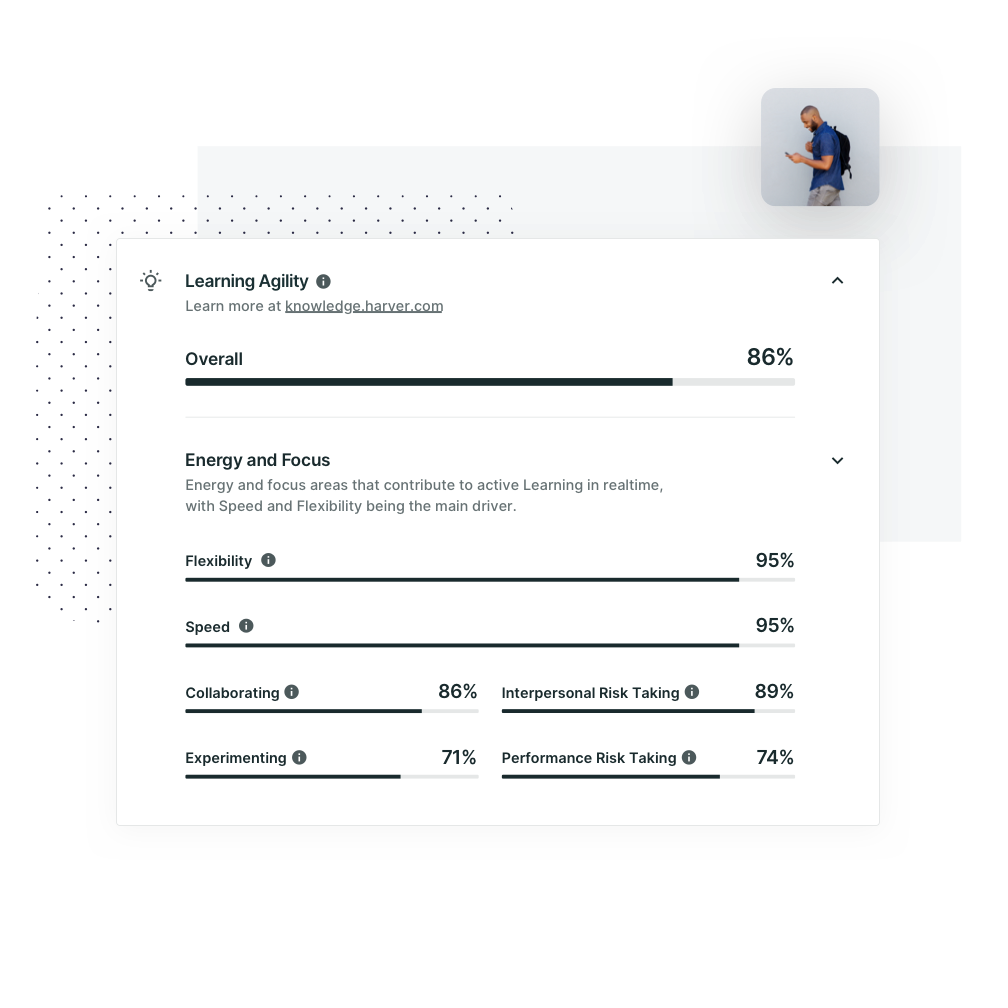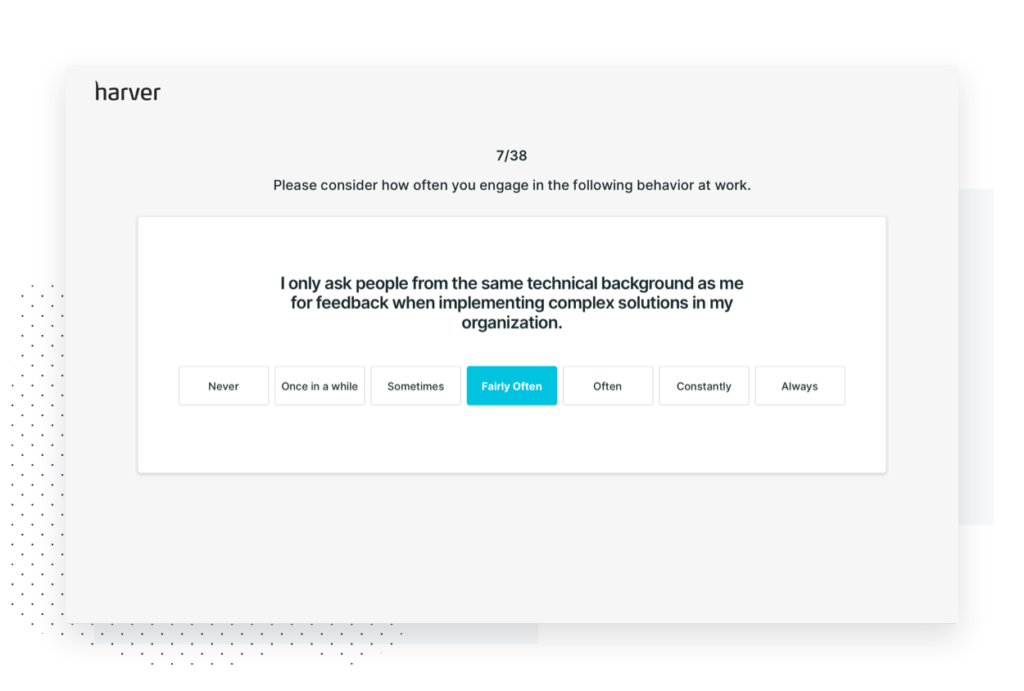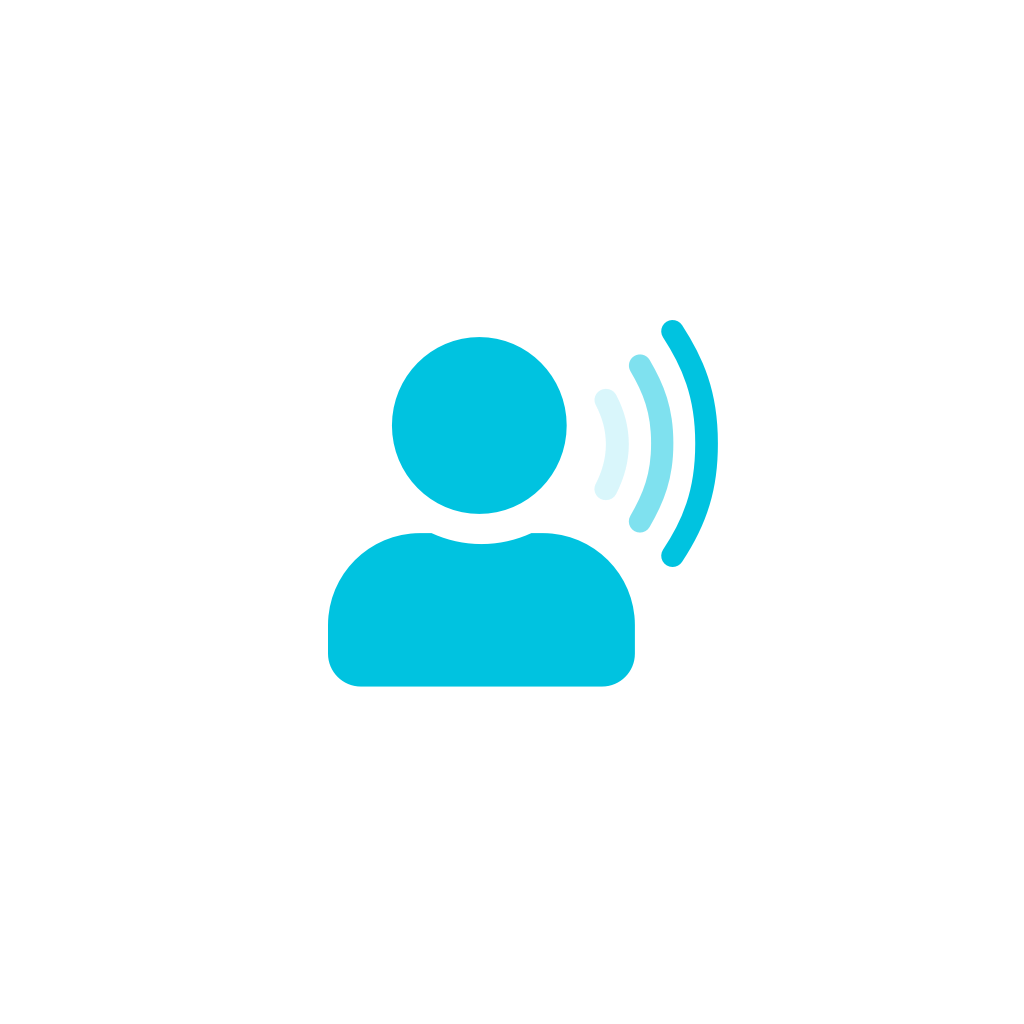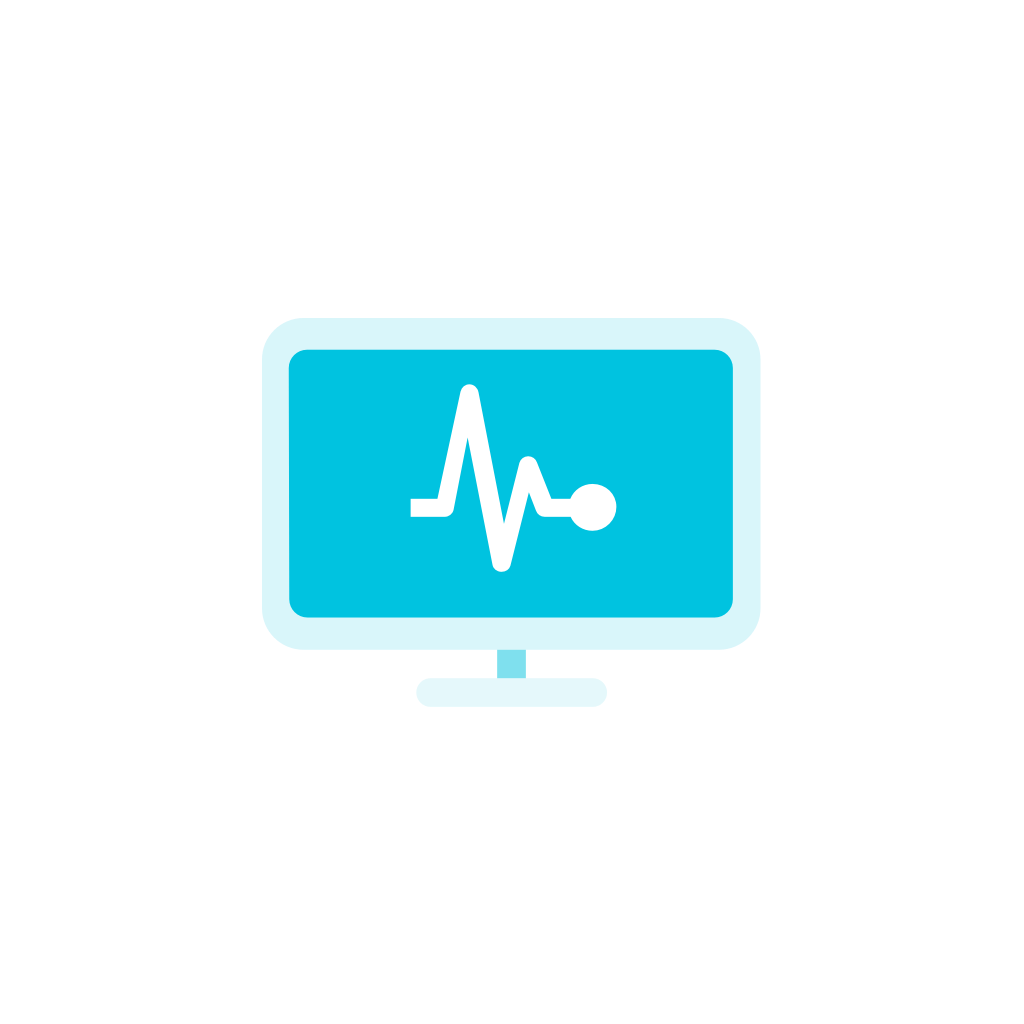Exceptional leaders are adaptable, resilient, and open to thinking innovatively. That’s why learning agility has become the most important measure of success for future leaders. Within IO-psychology it’s now being considered the single best predictor of a leader’s success – more important than intelligence and education.
Why assess Learning Agility?
In times of change, employees must be more agile than ever. Adapting to new business strategies, working across cultures, dealing with virtual teams and taking on new, unfamiliar assignments all demand flexibility.
The current generation of leaders often lacks this ability to adapt to their constantly changing environment. Leaders of the future manage disruption, they roll with the punches and adapt their strategies accordingly, in order to deliver success for the company. That’s why organizations around the globe are adopting learning agility tests to predict the performance and build a future-proof workforce.
Measuring learning agility with Harver
Harver’s learning agility assessment measures the ability to learn, adapt, unlearn, and relearn to keep up with constantly changing conditions. The results dictate how well candidates can figure out a way through a new situation without actually knowing what to do.
Candidates have to answer a series of questions that evaluate how often they engage in specific behaviors at work, as well as their preference for certain behaviors. Candidate results are focussed on one’s capability to swiftly adapt to changing environments, develop innovative solutions and make valuable decisions on the spot.
Straightforward results
The assessment’s outcomes are condensed into one actionable score that reflects one’s overall skill, while the drill-down details the specific personality and learning agility dimensions in one overview.

Validated to predict performance
Validation studies of Harver’s learning agility test show a direct relation with performance ratings in management roles, as well as with individual contributors and in early careers.

Ready to transform your hiring?
A learning agility assessment is only one piece of the puzzle. Discover how end-to-end digital hiring can help you hire better, faster, and fairer.
FAQ
Learning agility is a combination of motivation, the willingness to face new and ambiguous situations by taking action, and the ability to quickly discern the consequences of these actions and determine what to do next so as to continue learning.
One’s willingness to take risks and to deal with a novel situation despite not knowing exactly what to do, coupled with seeking feedback on how one is performing, and not taking this feedback personally.
Results are broken down into specific dimensions which all together make up a learning agile individual:
Energy / Power
The energy and power of moving quickly and flexibly.
Speed: Acting on ideas quickly so that those not working are discarded and other possibilities are accelerated.
Flexibility: Being open to new ideas and proposing new solutions.
Focus
The level of learning energy someone brings into a novel situation. How willing are you to take risks when you don’t know what to do? How important is it to you?
Experimenting: Trying out behaviors (i.e. approaches, ideas) to determine what is effective.
Performance risk taking: Seeking new activities (i.e., tasks, assignments, roles) that provide opportunities to be challenged.
Interpersonal risk taking: Discussing differences with others in ways that lead to learning and change.
Collaborating: Finding ways to work with others that generate unique opportunities for learning.
Information gathering: Using various methods to remain current in one’s area of expertise.
Feedback seeking: Asking others for feedback on one’s ideas and overall performance.
Reflecting: Slowing down to evaluate one’s own performance in order to be more effective.
Personality
Someone’s preference and disposition to certain behavior has a positive impact on being learning agile. Having insights in these provides a more complete understanding of someone’s learning style. Read in-depth about personality results here.
Imaginative: The tendency to be curious and open to the unfamiliar.
Compromising: The tendency to strive for consensus, and be mild and diplomatic in relation to others.
Hard-working: The tendency to be disciplined, organized and deliberate.
Thick-skinned: The tendency to be tough, carefree and fearless.
It’s recommended for evaluating the skills of both current and future or aspiring managers as well as individual contributors. Given that this test measures one’s ability to adapt to changing circumstances, the learning agility assessment is also a valuable tool when recruiting graduates or in early careers.
Candidates go through a series of 38 questions where they are asked to indicate how often they engage in specific behaviors at work, plus a series of 100 questions where they have to indicate their preference for certain behaviors.
Candidates select an answer on a seven- or five-point Likert-style rating scale, answers ranging from “Never” to “Always”.
To get a well-rounded view of how learning agile someone is, the learning agility assessment is always combined with a personality questionnaire. Meaning we don’t only look at the actual behaviour at work, but also at the personality dimensions that contribute to being learning agile. Someone’s preference to learn and disposition towards certain behavior impacts learning agility.
Also, cognitive ability is an important aspect in relation to learning agility. Smarter does not necessarily mean more learning agile, but someone needs to have a certain level of cognitive ability in order to be able to be learning agile. Therefore the combination of these two assessments gives a more complete picture of someone’s skill set.


